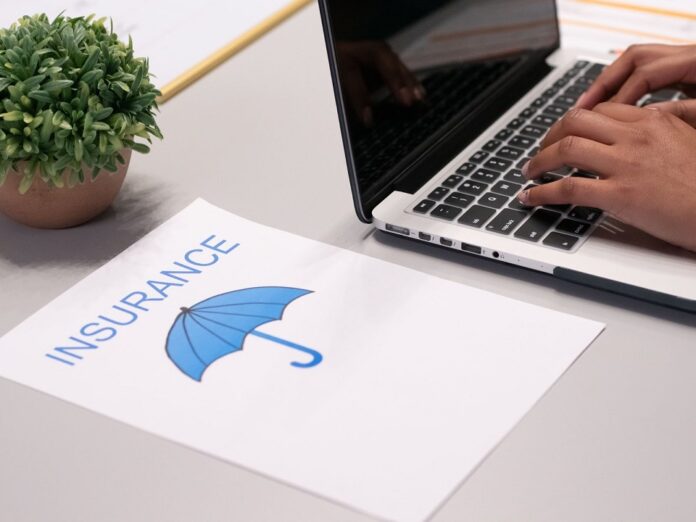
As a business owner, it is important for you to manage risks and protect both your company and employees in the face of any unforeseen circumstances. This is why you should get your company insured in order to safeguard your business activities, assets, and workers.
Generally, the type of business insurance that is suitable for your organization depends on legal requirements, company size, associated industry risks, and any liabilities related to the goods and services you trade.
In this article, we highlight some of the most common types of business insurance every business needs to protect itself against potential losses.
Workers Compensation Insurance
One of the most common types of business insurance is workers’ compensation insurance, and it is often required by law. Generally, medical expenses, lost wages, permanent injury, retraining, and employers liability are all covered under this type of insurance. It is an excellent safety net for employees as well as a safeguard for businesses. Keep in mind that the workers compensation insurance cost is determined by a number of factors, including whether you operate in a high-risk environment.
Commercial Property Insurance
If you own or rent a space for your business needs, it may be worthwhile to obtain commercial property insurance. This tends to cover the physical assets of your business by protecting it from damages such as a fire, pipe bursts, or equipment breakdowns. It helps businesses in paying for damaged equipment and inventory, lost income, operating expenses, and any repairs needed for your business’s brick and mortar structures.
General Liability Insurance
Regardless of the size or scale of the business, getting general liability insurance is usually a good idea. Sometimes known as commercial general liability, it tends to cover some of the most common types of issues, such as bodily injuries to customers and clients, damage to non-business-owned property, and any reputational harm such as accusations of libel or slander. While it is not usually required by the law, general liability insurance coverage is helpful for businesses such as restaurants or those that work on client sites such as builders or electricians.
Professional Liability Insurance
Professional liability insurance is a common type of insurance sought out by the service sector industry, such as consultancy firms, accountants, lawyers, and contractors. The basic purpose of this type of insurance is to protect businesses from potential claims of negligence by clients. In this sense, a professional liability insurance policy protects businesses against malpractice in the case of actual or alleged professional negligence or mistakes such as missed deadlines, legal defense costs in case of civil lawsuits, and legal judgments.
Cyber Insurance

Considering that most businesses have some degree of reliance on IT-related data of customers, clients, and employees, cyber insurance offers businesses protection in the event of loss of data or damage to IT infrastructures.
Cyber insurance involves two main kinds of insurance, namely first-party and third-party insurance. First-party insurance covers costs that result from issues with a business’s digital assets, such as a malware disruption that prevents a business from carrying out its activities. Third-party insurance, on the other hand, protects customer and client assets such as security breaches or loss of third-party data.
Commercial Auto Insurance
Many businesses have company-owned vehicles that are required to be insured by most state laws. This is to protect the business from liabilities arising from any potential accidents or bodily injuries to employees. Typically, commercial auto insurance covers medical bills, damage to property, costs from towing, and repairs related to collision expenses. Businesses that deal with deliveries, own trucks and other vehicles, or have company-owned cars tend to get commercial auto insurance.
Tools and Equipment Insurance
As a business, you probably have tools and equipment ranging from generators, electric power tools, and other machinery. In this case, tools and equipment insurance covers repairs and replacement costs as well as compensation for stolen gear. In general, it includes equipment owned by the business or its employees, as well as equipment leased or loaned from a third party. You may also claim insurance when you are traveling on the road and potentially damage your tools and equipment during transit.
Final Thoughts
Getting business insurance offers your company the protection it needs in the event that something goes wrong by securing you against lawsuits and financial harm. Remember to always check the local laws to verify the types of insurance you are mandated to get. You may also benefit from carrying out a survey of the kinds of business insurance that are common in your particular industry. This will allow you to get a fair picture of what your premiums look like and how they factor into overall business costs.











